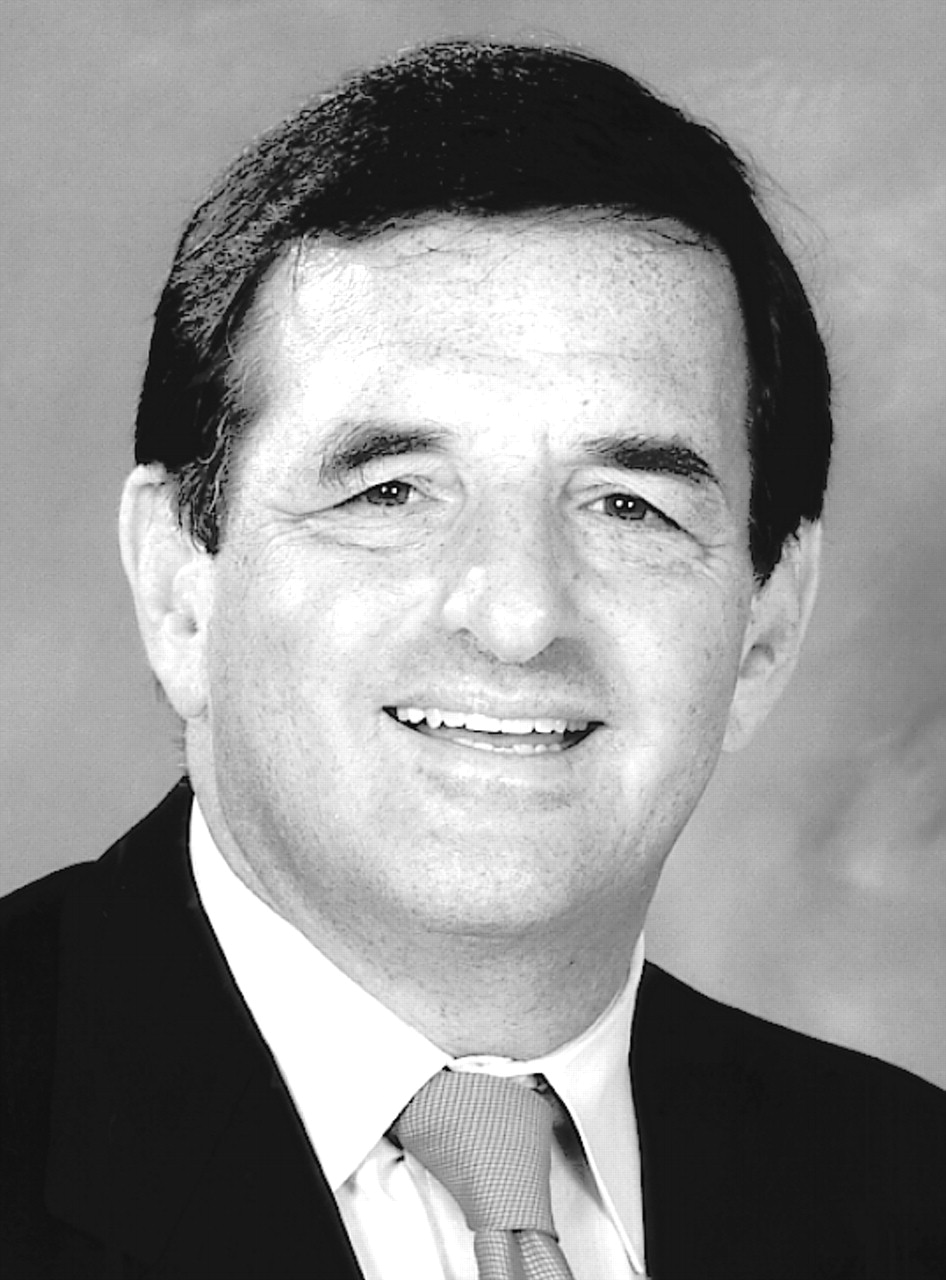Candidate for Area 6 Trustee
About the Candidate

Distinguished Fellow (Member Since 1973)
| •. | Professor and Co-Chair, Department of Psychiatry and Human Behavior, University of California, Irvine, 1998- | ||||
| •. | Chair, APA Council on Healthcare Systems and Financing, 1999- | ||||
| •. | President, California Psychiatric Association, 2000-02 | ||||
| •. | Area 6 Representative, APA Assembly, 2000-02 | ||||
| •. | Area 6 Deputy Representative, APA Assembly, 1998-2000 | ||||
| •. | Deputy Assembly Representative, Orange County District Branch, APA Assembly, 1986-98 | ||||
| •. | Speaker, APA Assembly, 1986-87 | ||||
Candidates’ Views
The decision to run for trustee of the American Psychiatric Association is a serious one for me. I have been a member for 30 years and hold the organization in high esteem, though I am critical of the opaqueness of our processes and the dilatory pace at which we seem to operate.
Over the past two years, there has been an increased scrutiny of corporate governance post-Enron. Most of this has been focused on for-profit, public companies. However, the lessons of the past few years are applicable in some degree to nonprofit organizations like APA. The major take-home lesson is that the Board must be intensely engaged in the workings of the entity. Obviously, the Board cannot micromanage the day-to-day operations but must be willing to study and ask questions until a satisfactory degree of understanding is obtained. The problem with many boards is that the social psychology of “go along/get along” prevails. This is particularly true in medical organizations, where there is a hesitancy to confront in a reasonable fashion and take on tough issues. The Board is the fiduciary of the organization, as well as the voice of the membership.
I will not regale you here with all the apple-pie and motherhood positions that we all espouse. However, I will say that excellent patient care cannot be provided by abused physicians, and I am wholeheartedly in support of our tireless members who toil in the fields of psychiatry attempting to provide some dignity to our patients under very trying conditions.
I have worked in a variety of organizations, from a public company to a medical school, and have extracted experiences that may accrue to the benefit of APA and our members.
I am passionate about issues and particularly able to engage others in a productive, collegial fashion. I like frank discussion and true dialogue. I am a good listener but also am able to move the agenda, as members of the Council on Healthcare Systems and Financing will attest. I am proud of the two years I spent as president of the California Psychiatric Association and feel I provided spirited leadership advocating for patients and the profession. My editorial “The Big Lie,” concerning the attempt by psychologists to practice medicine, was recognized by the Assembly as the best newsletter editorial of the year.
In summary, if you are interested in having a committed, engaged, experienced trustee, please give my candidacy some consideration. Former Sen. Lowell Weicker of Connecticut used to allude to “getting your jersey dirty”—that’s how you will recognize me!
Primary Loci of Work and Sources of Income
Work:
100%—Department of Psychiatry and Human Behavior, College of Medicine, University of California, Irvine
Income:
100%—Clinical revenues



